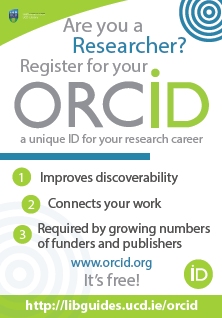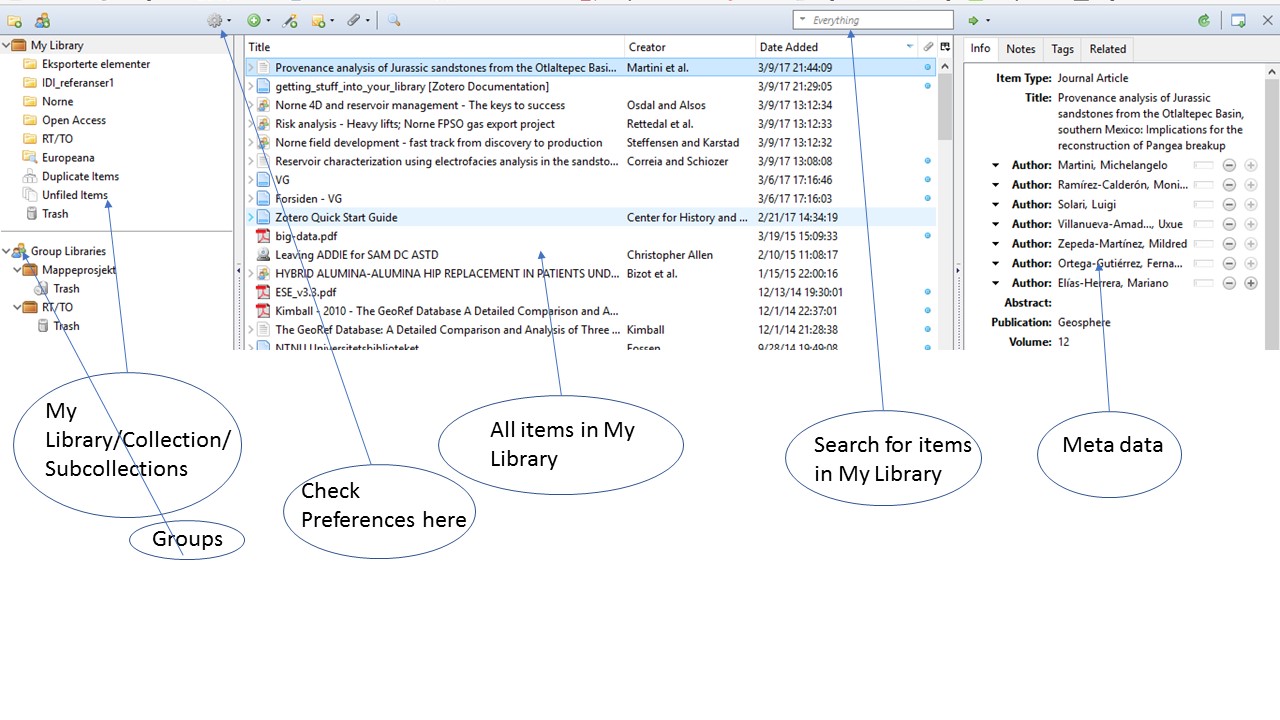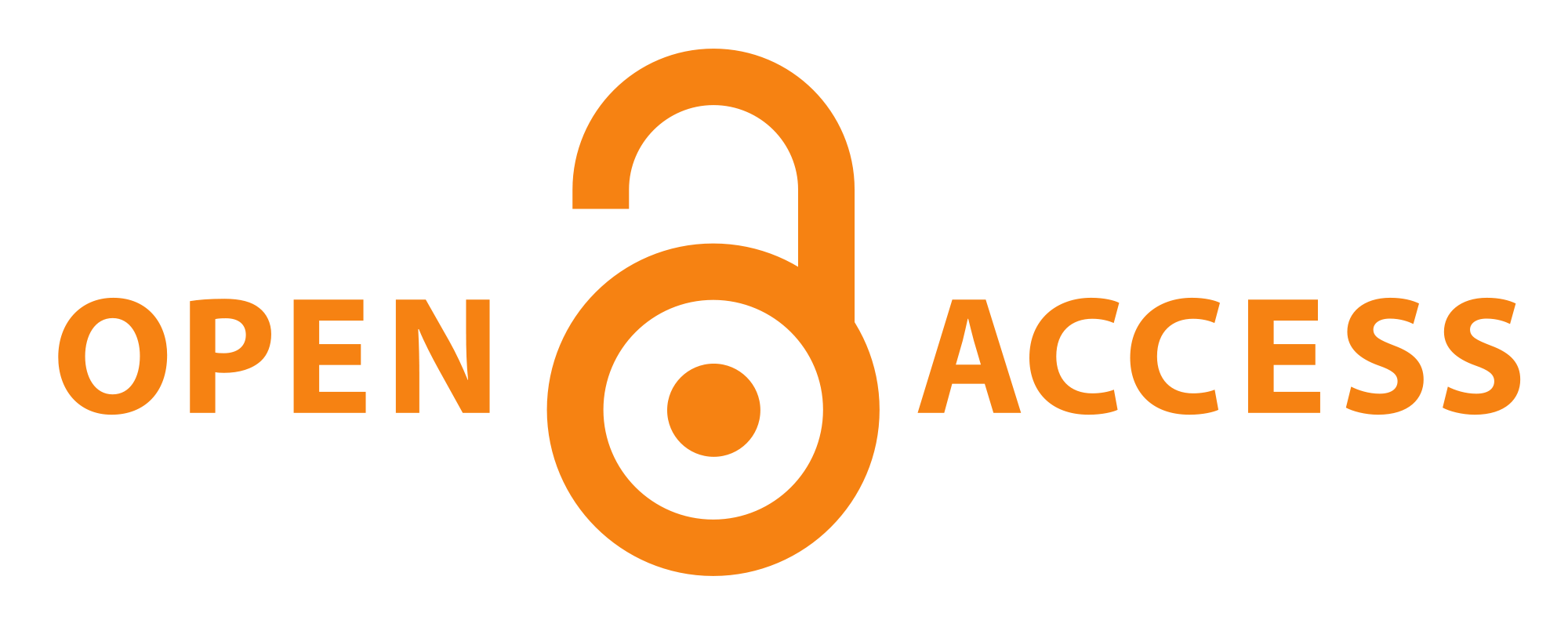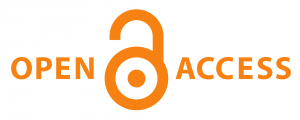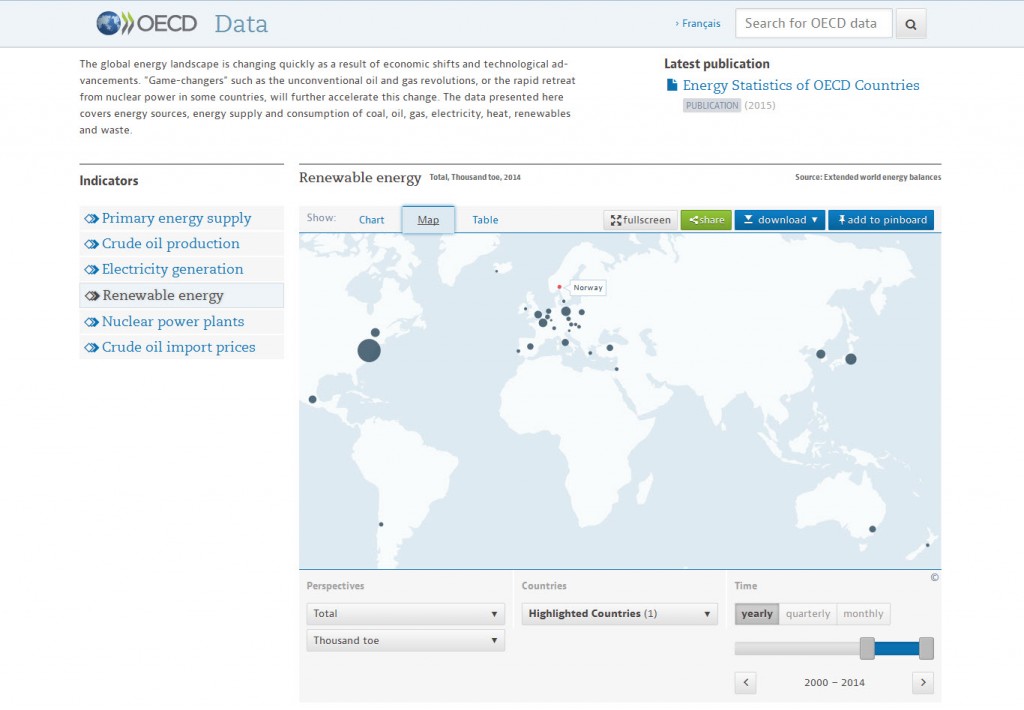The NTNU University Library subscribes to a number of portals offering standards and patents. These portals offer different standards based on subject area.
What is a standard?
Standards define an agreed, repeatable way of doing something, which is documented in specifications, procedures and guidelines. They are designed to ensure that products, services and systems are safe, reliable and consistent within a desired performance level, and cover everything from consumer products and services to engineering, energy utilities, the environment and much more.
Standards are based on industrial and scientific experience, and are frequently reviewed to make sure that they are up to date with current technology. The use of standards serves as a basis for the trust that consumers have in a product or service, and ensures that the consumer can expect a certain quality from their purchase.
There are three kinds of standards. International standards (e.g. ISO-standards), Regional standards (like those found in the European Union, EN-standards) and national standards. Often, countries adopt international standard for national use.
Standards are, in essence, concentrated knowledge. They are tools that facilitate technical improvement and an increase in productivity, and are also suited for educational purposes. The NTNU University Library can offer standards from a wide range of subjects and fields.
Go here for direct access to the Oria database for portals to standards.
Some of the portals you can find in Oria:
You can get access to international and national standards like ISO, NS and NEK at standard.no
For IEEE standards you can go here. This database gives you access to standards for computer engineering, biomedicine, telecommunications, electrical engineering, electric power engineering, space engineering and consumer electronics.
The American Petroleum Institute offer standards that are widely used worldwide in the oil and natural gas industry. This link gives you access to API standards through the IHS database. To use this database you will need to create an account using your NTNU email address.
Patents
The University Library also provides access to patent databases. A patent is used for protecting a solution to a technical problem. It also gives the patent applicant the sole rights to use this solution in a commercial context during the patent lifetime (normally 20 years) in the countries where the patent is valid. No one else can use the solution to produce, market or sell something in these countries until the patent has expired.
The patent databases can be found via this link to Oria.


